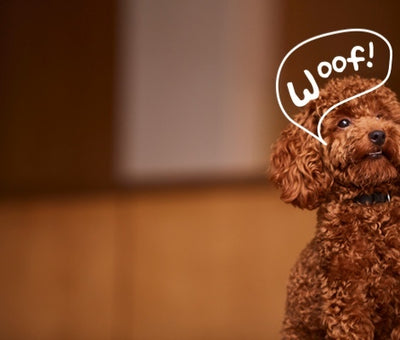Introducing A Dog To A New Baby
Introducing a dog to a new baby requires careful planning and gradual steps to ensure a positive and safe interaction. Properly introducing your dog to your new bundle of joy is an important step towards integrating your family together. Even the most well-behaved and friendly dog can be startled by a screaming, crawling, and fur-pulling baby or toddler. When introducing your dog to a newborn baby, the most important first step is safety. Here are some of our top tips to help make the introduction smooth: Preparation: Before the baby arrives, work on basic obedience commands with your dog. Commands, like sit, stay, and leave, can be especially helpful. Make any necessary adjustments to your dog's routine or living space before the baby arrives to minimize stress. Familiarise With Baby Items: Allow your dogs to sniff and explore baby items, such as blankets, clothes, and toys to get used to the new scents. Gradual Introduction: If possible, have a gradual introduction before bringing the baby home. Allow the dog to sniff a blanket or clothing worn by the baby at the hospital. Positive Associations: Create positive associations by rewarding your dog with treats or praise when they exhibit calm behaviour around baby-related items. Observe Body Language: Pay attention to your dog's body language during the introduction. Look for signs of stress, anxiety, or discomfort and intervene if needed. Supervised Interaction: Always supervise interactions between your dog and the baby. Start with short, controlled meetings, and gradually increase the time as your dog becomes more comfortable. Establish Boundaries: Teach your dog boundaries around the baby's sleeping and play areas. Use gates or crates if necessary to create safe spaces for both the dog and the baby. Positive Reinforcement: Reward your dog with their favourite Billy + Margot treats for calm and gentle behaviour around the baby. This will reinforce positive behaviour and create a positive association. Maintain Routine: Try to maintain your dog's routine as much as possible. A consistent routine helps your dog feel secure and reduces stress. Seek Professional Guidance: If you have concerns about your dog's behaviour or if your dog has a history of aggression, consider seeking the help of a professional dog trainer or behaviorist. Remember, each dog is unique, and the adjustment period may vary. Always prioritise safety and be patient as your dog adapts to the new family member....





